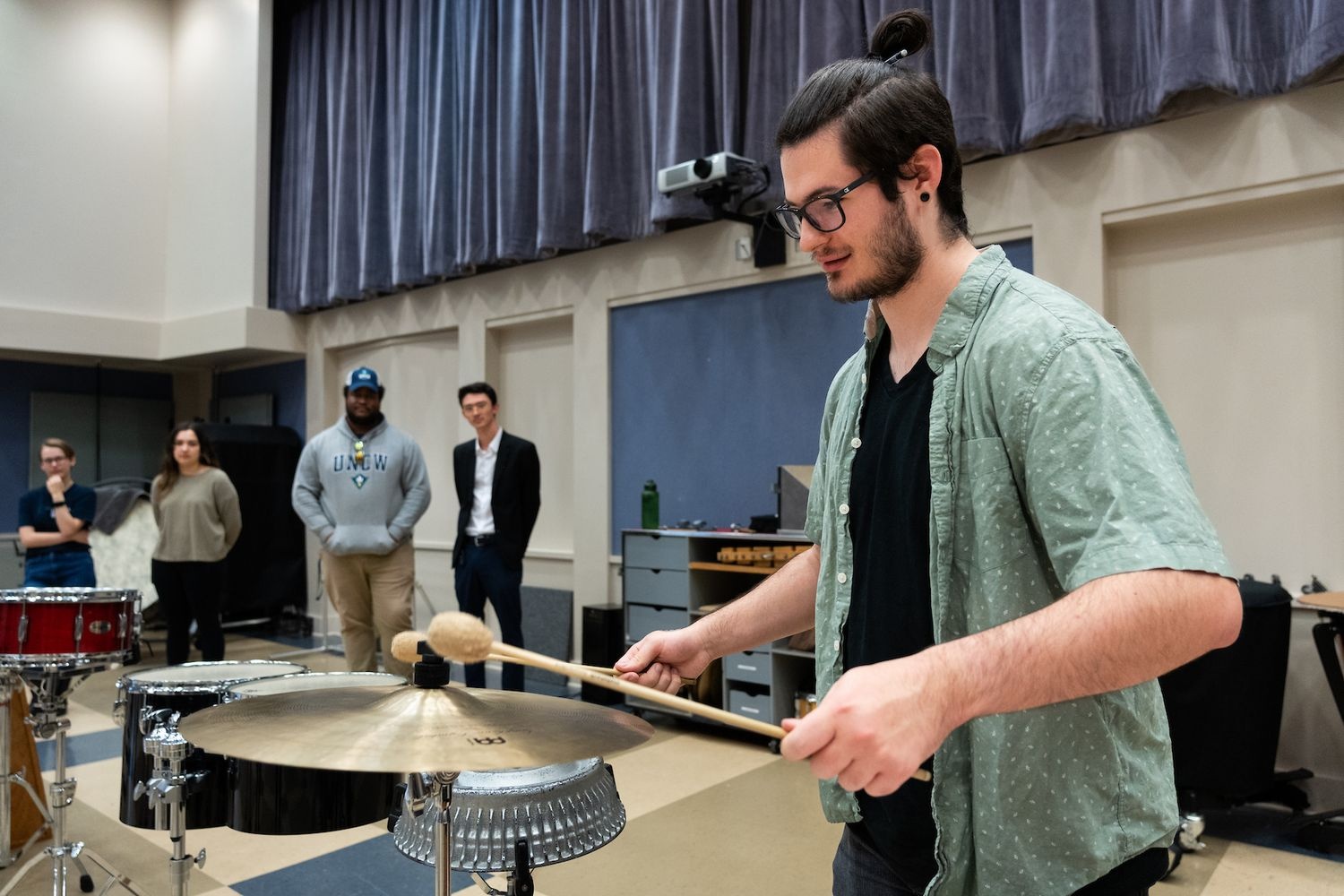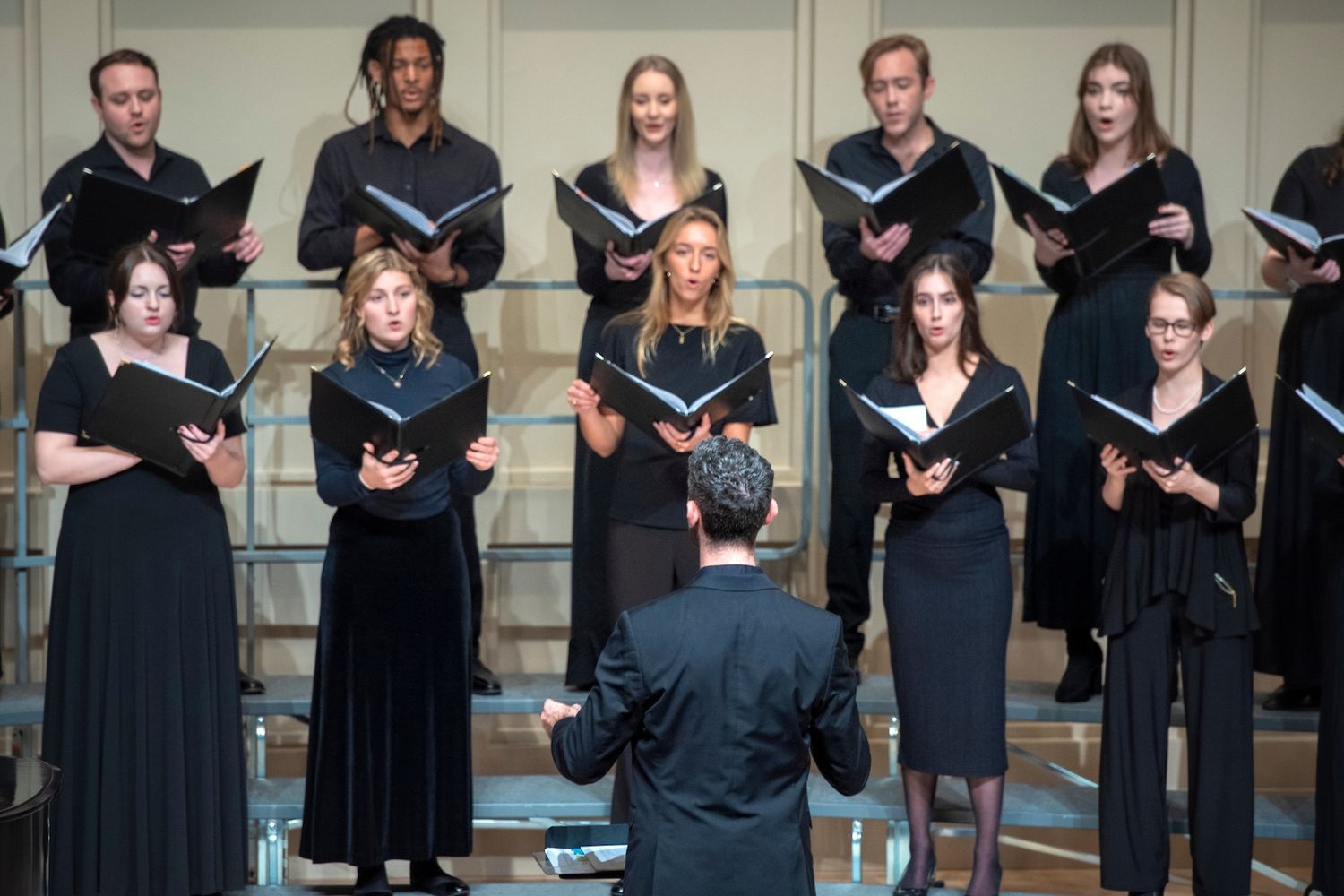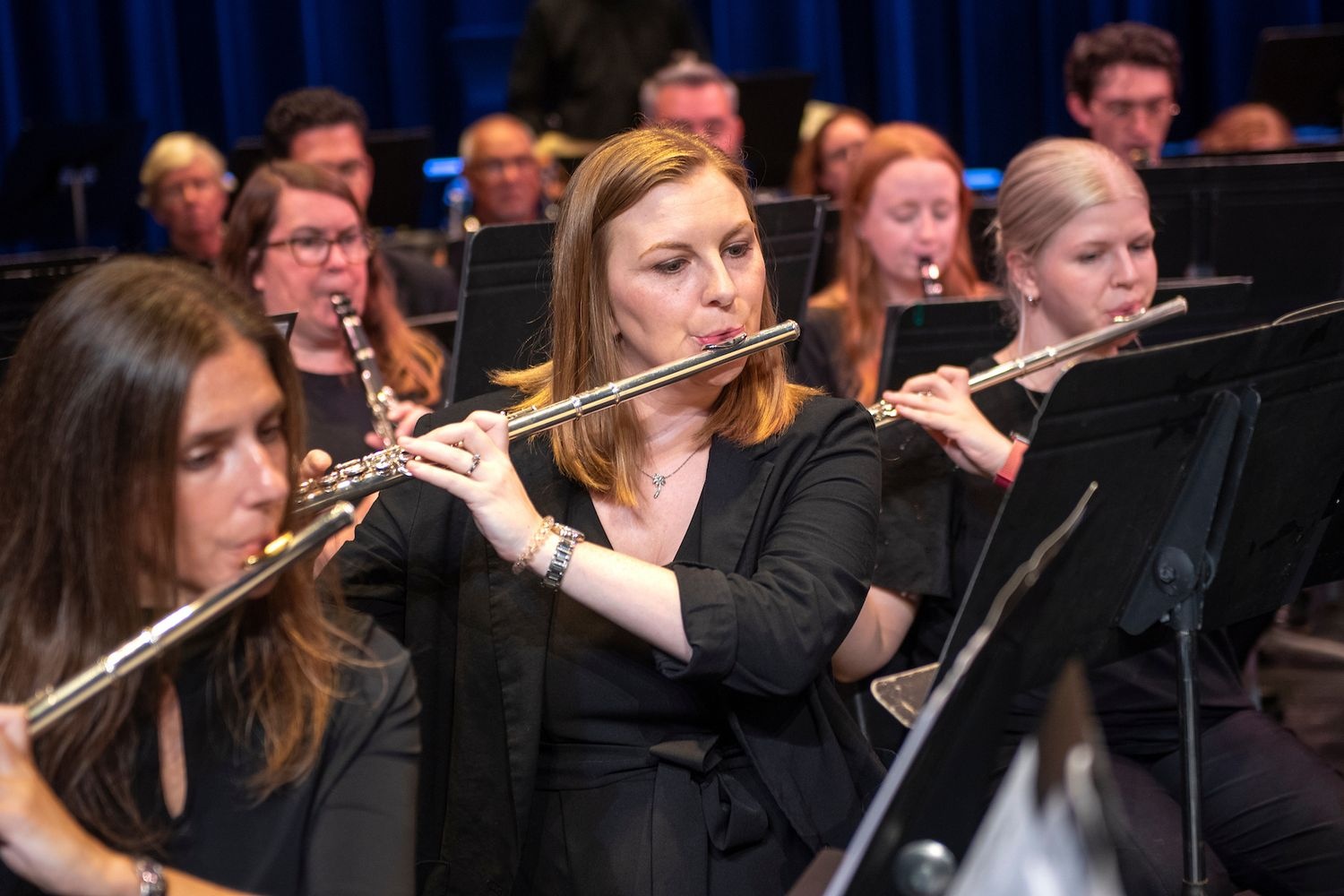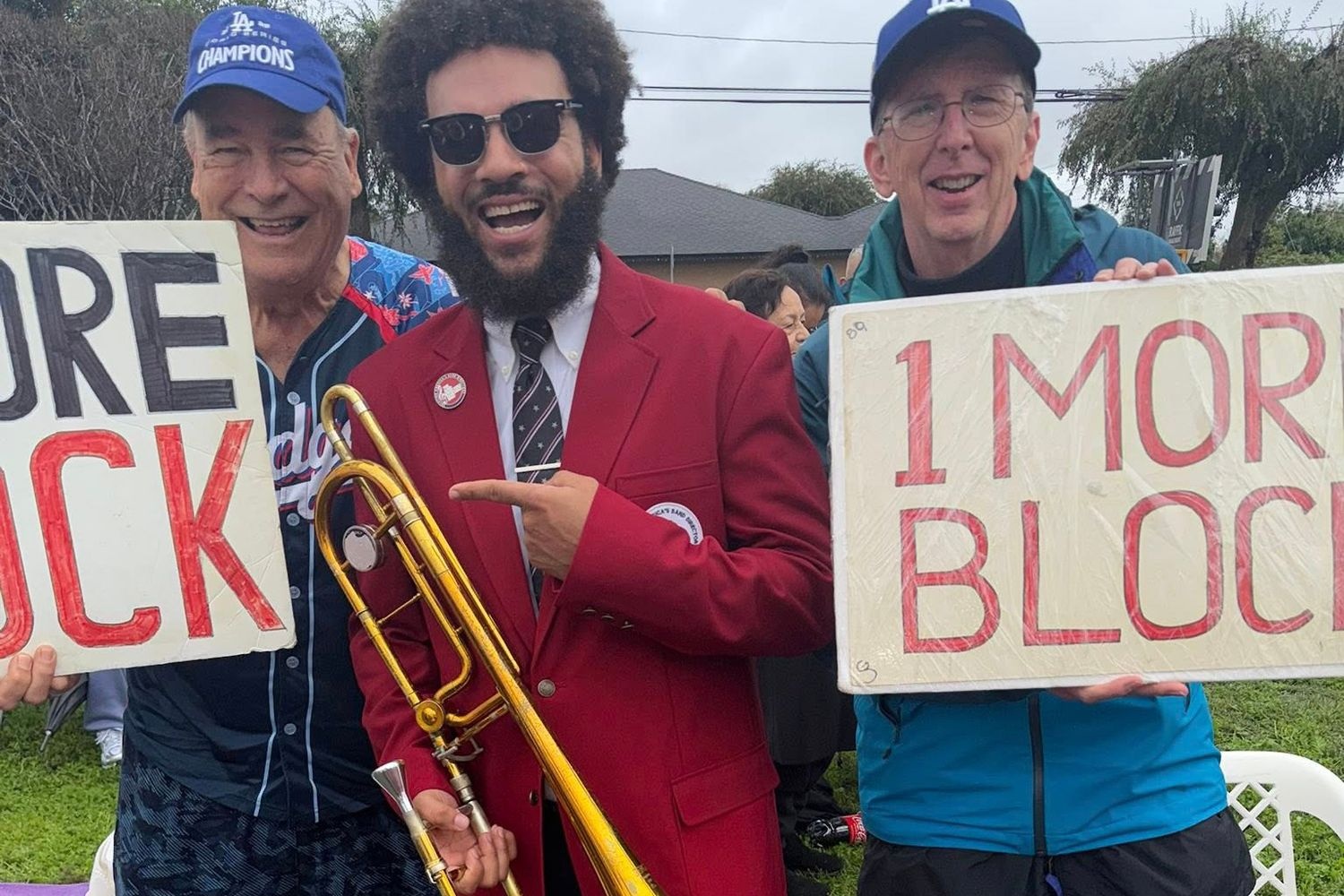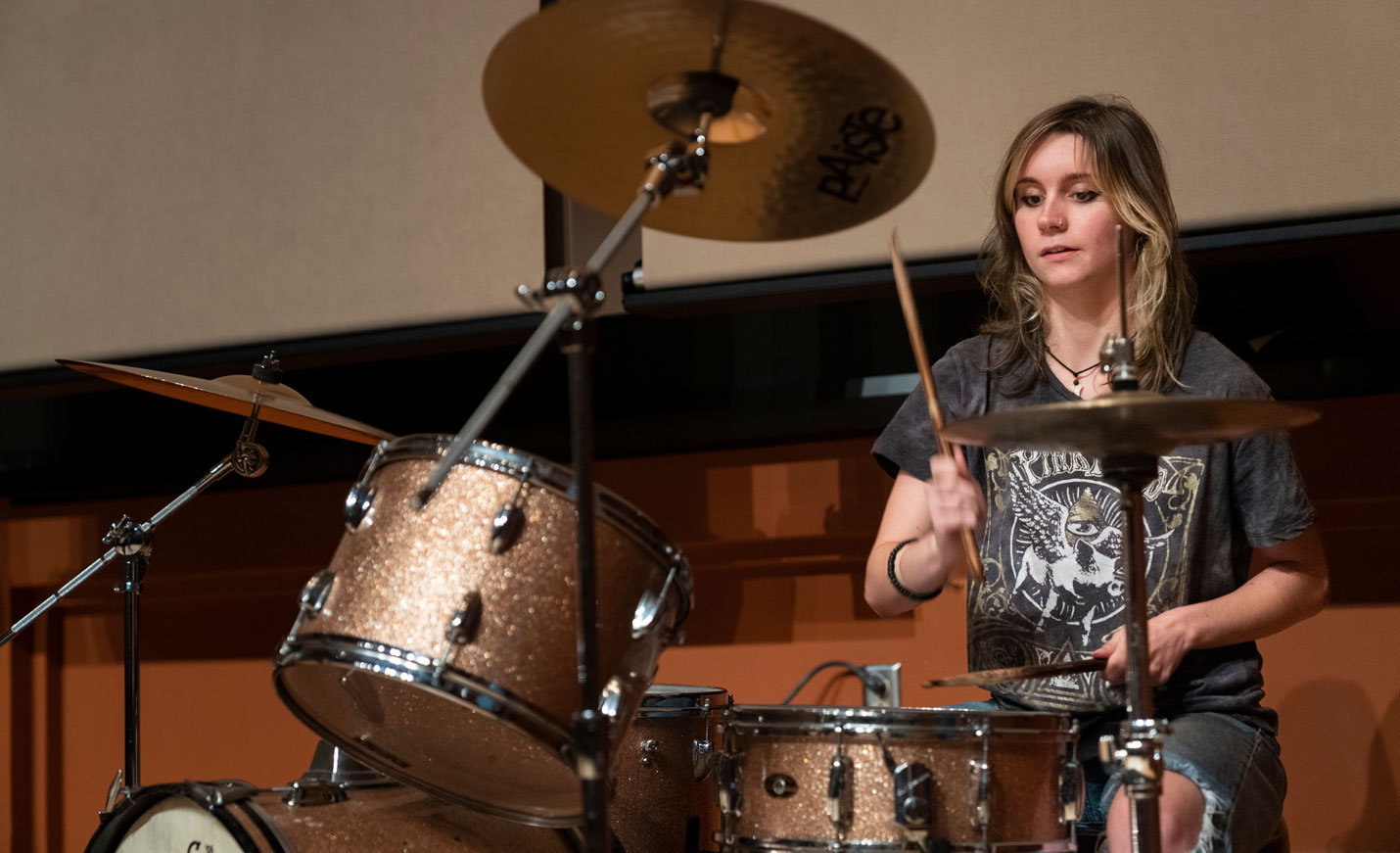Explore the Department
UNCW Teal Music Productions
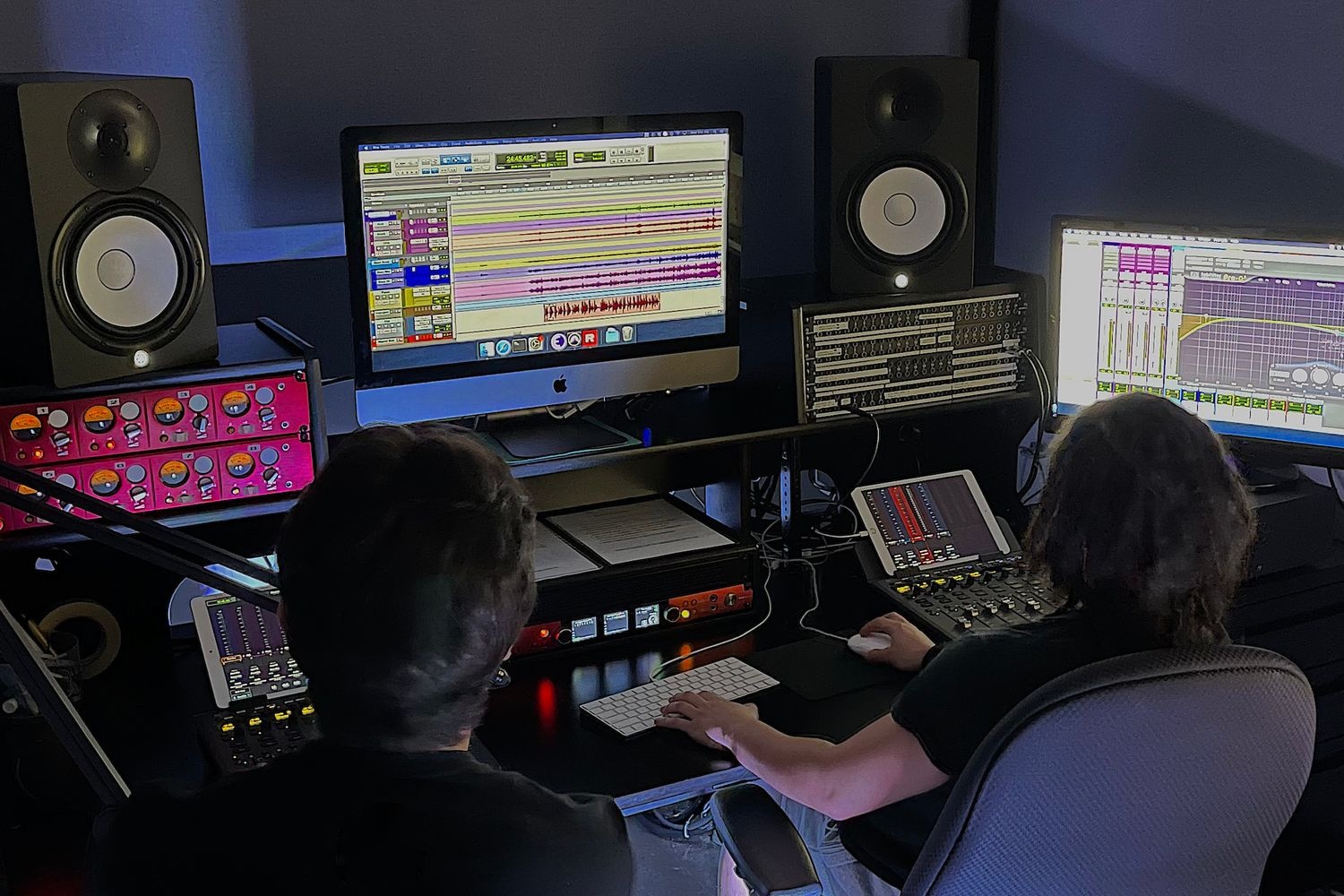
Giving to UNCW Music
How To Reach Us
Phone: 910.962.3390
Fax: 910.962.7106
UNCW Department of Music
601 South College Road
Wilmington, NC 28403-5975
8:00 a.m. - 5:00 p.m.
Monday through Friday
(excluding holidays)
Location
Office: Cultural Arts building Rm.1048



